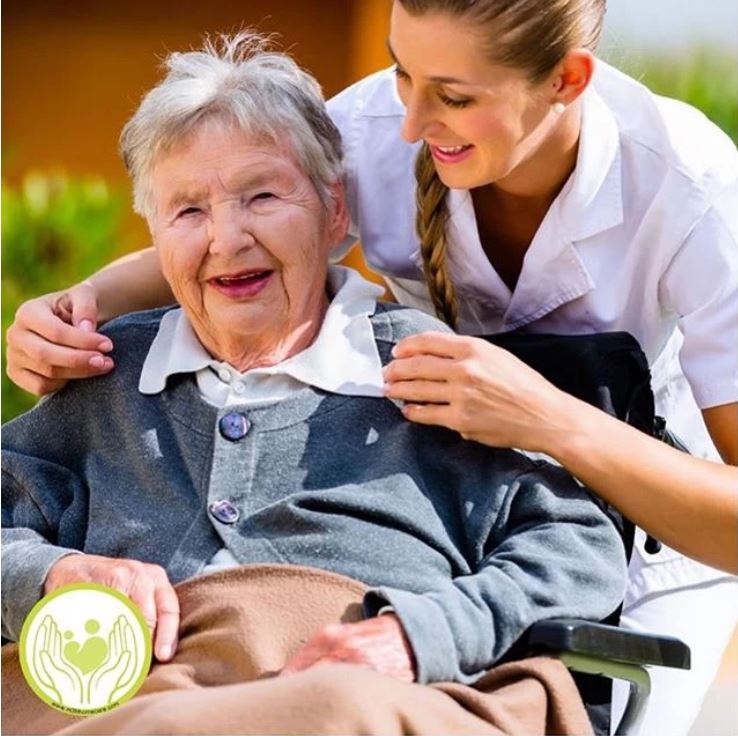When you are on an airplane, and the oxygen masks are deployed, you are told to put yours on first, even before helping someone else, including your kids. This is counterintuitive for parents, who want to help their children before all else. But here’s the thing: you can’t help your kids if you don’t take care of yourself too.

The same is true for caregiving. Parenting is a tough gig at the best of times. But add a dimension to your everyday of a diagnosis of autism, serious illness, or surgery for yourself or your child. Coping with the every day could suddenly take on a new level of challenges.
Caregiving, whether of yourself, your spouse or your children, can be draining if you can’t get a break. The relentlessness of it, 24 hours a day, 7 days a week, takes its toll on even the most energetic among us. The solution is to look into qualified respite care.
What is respite care?
Respite care is when a person comes into your home to take over your caregiving duties for a short period of time. Depending on the issues you are dealing with, the care can be simple things like light housekeeping or meal preparation to full on 24/7 care for a whole weekend.
Who needs respite care?
Anyone who is a caregiver for someone else who has temporary or permanent special needs.
Imagine your child, who is severely autistic, requires constant care to ensure his safety, and that of your other children. Could you do it 24/7 without a break? No. No one could. Respite care allows you to give yourself some time to rejuvenate, all the while knowing that your child is being safely cared for, in a familiar environment. In addition, respite allows you time to reconnect with your spouse and other kids, something that everyone might be feeling the lack of when all the attention is placed on the child who needs it.
Or imagine your spouse is dealing with cancer and needs care to manage the side effects of the treatment. You aren’t able to leave them alone but wouldn’t a few hours away from the house to get some errands done and perhaps have lunch out with a friend not be the relief you’d need? Respite care can help with that too.
Can family members provide respite care?
Absolutely, but if there are specific medical issues to consider, it might be wise to leave your loved one or child in the hands of someone who has medical training—a registered nurse, for example. They are in a better position to know what to expect and to react appropriately if there are any issues or complications.
After all, it’s not respite for you if you’re going to spend the whole time worrying instead of getting a much needed break!
Caring for someone else means that you need to take care of yourself too. It may feel selfish but it’s actually the least selfish thing you can do to make sure that you and your family are safe and well cared for.
If you or an aging loved-one are considering in-home senior care in Atlanta, please call the compassionate, caring staff at Mothers Helping Hands Home Care. Call Today! 470-260-4137.
